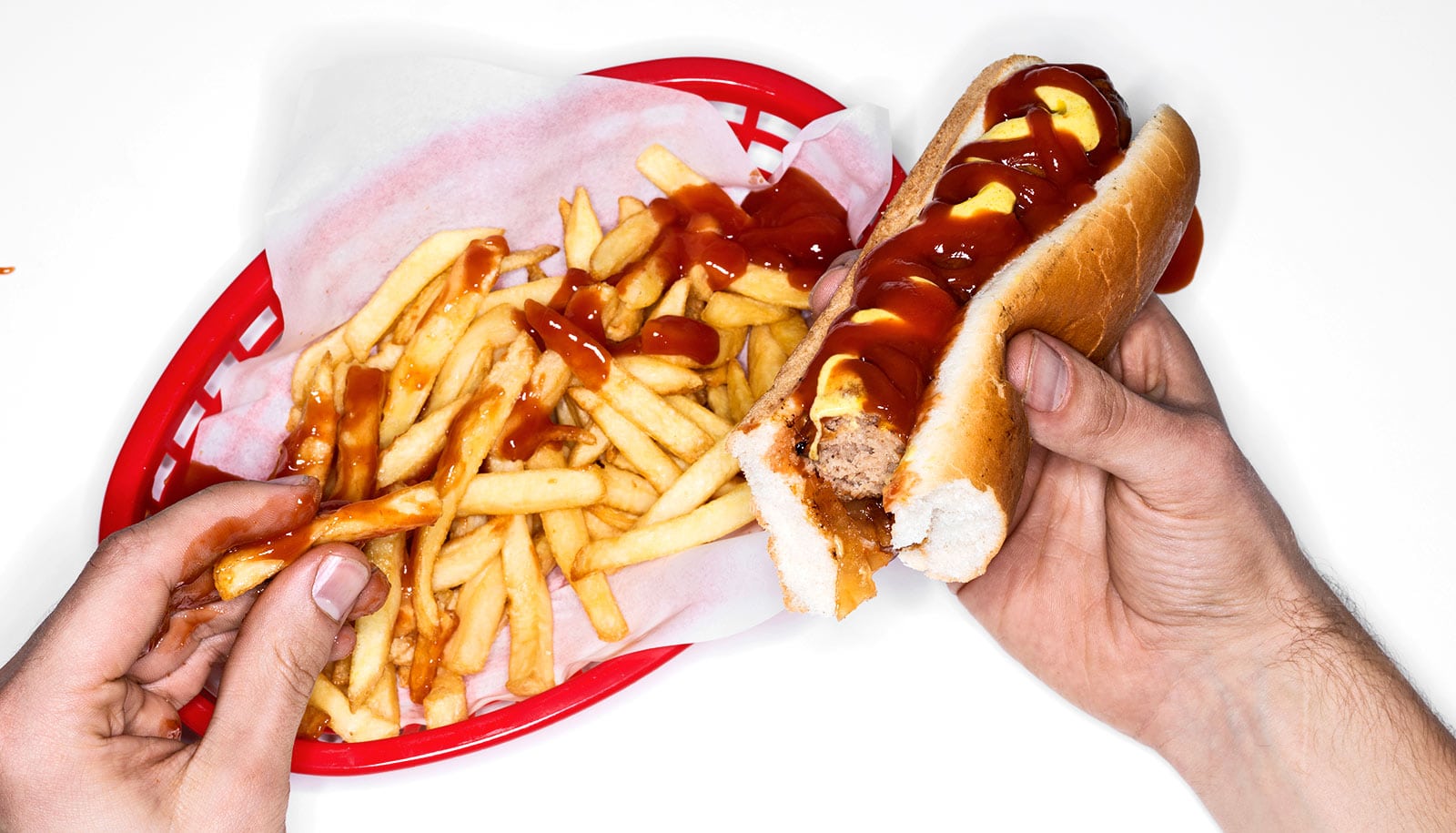Researchers have found that consuming processed meats and sugary beverages, compared with all other ultra-processed foods, is linked to poor memory and cognitive issues.
Their findings, which tracked US residents 55 and older for seven years and drew on a data set from the national Health and Retirement Study, appear in the American Journal of Clinical Nutrition.
The study began in 2013 and tested the same group of people every two years through 2020. The research was funded by a grant from the National Institutes of Health.
Ultra-processed foods, which are foods that contain a slew of additives, preservatives, and artificial ingredients, already are known to be harmful to human health in a variety of ways. But Ben Katz, associate professor of human development and family science at Virginia Tech, and Brenda Davy, a professor of human nutrition, foods, and exercise, set out to explore which of these foods may be associated with a greater risk of altering a person’s brain health.
By the end of the study period, they found a 17% increase in cognitive issues among people who consumed at least one serving of ultra-processed meat a day. And for each serving of soda consumed, there was a 6% increase in cognitive impairment.
Participants were evaluated based on their answers to questions that tested memory, such as immediate and delayed recall. The tests, based on certain global cognition measurements, also included counting numbers backwards or subtracting multiple times in a row. These tests reveal different levels of cognitive function from mild impairment, including people who are in a pre-dementia stage, to those who have more serious declines.
These kinds of evaluations are common when testing brain health, says Katz, who is principal investigator for the study and leads a cognitive aging and translational science lab at Virginia Tech.
“All of this is looking for your risk for something,” he says. “No one wants a higher risk of having dementia or Alzheimer’s.”
The results suggest an important wake-up call for people who want to keep their brain sharp as they age.
“It’s important to understand when and why people have early stages of cognitive impairment,” Katz says. “Physicians should be able to take this back to their patients and tell them that those dietary choices matter.”
The specific categories of ultra-processed foods that impacted brain health were surprising to Katz and Davy.
After all, this is one of the first studies that breaks down different categories of ultra-processed foods and evaluates the specific impact of them on brain health.
“Maybe some of those are still bad for cardiovascular health, but when we see impacts on cognition, it looks like a lot of this is driven really meaningfully by a couple of these categories that often make up substantial parts of our diets,” Katz says.
The study’s results suggest that paying attention to what you eat, reading labels, and making simple food swaps is more important than ever, Davy says. For instance, there are some deli meats that are healthier and not ultra processed, so consumers should opt for those instead.
Davy also suggests that people cook meals as much as possible at home and choose water over sugary beverages.
“There are things that you can change,” she says. “It’s moderation and being reasonable and balanced in your dietary choices.”
Both researchers are continuing their work surrounding ultra processed foods and cognition. Currently, their findings from a study evaluating young adults and ultra-processed foods are under review.
With future grants, they’d like to teach cooking skills and healthy dietary patterns to individuals with the goal of evaluating how cooking skills development improves what people eat and how it may impact brain function.
A big reason why ultra-processed foods are attractive is because they are convenient options for busy people, especially if their time and cooking skills are limited, Davy says.
That’s why offering cooking instruction could be a key to better dietary choices.
“It’s one thing to follow a diet, but it’s another thing to give them the cooking skills to prepare that diet,” Katz says.
Source: Virginia Tech



